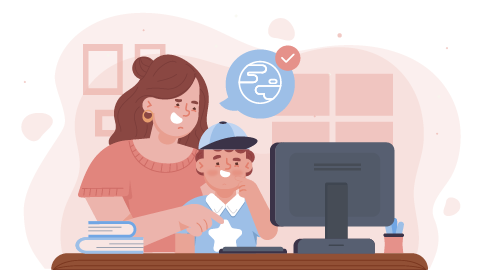A school ERP (Enterprise Resource Planning) system typically offers several digital content features to support the management, distribution, and access of educational materials. These features enhance the learning experience for students, teachers, and administrators. Here are some common digital content features you can expect in a school ERP:
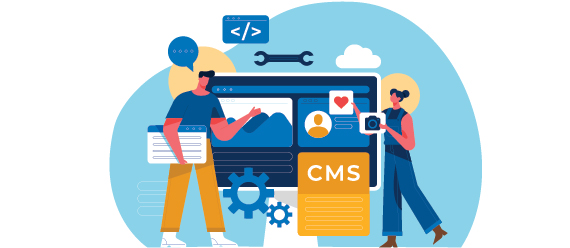
The ERP includes a content management system that allows administrators and teachers to create, organize, and store digital content such as lesson plans, assignments, study materials, and multimedia resources. The CMS provides a centralized platform for managing and accessing educational content.
The ERP facilitates document sharing and collaboration among teachers and students. It allows teachers to upload and share documents with their students, enabling easy access to study materials and assignments. Students can also collaborate with their peers and teachers through the system, enhancing group projects and discussions.
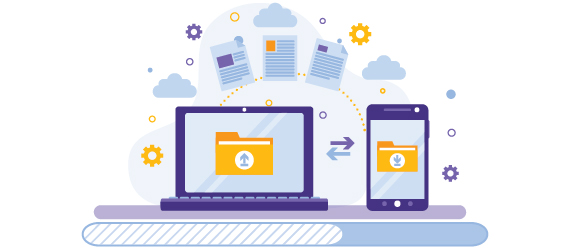
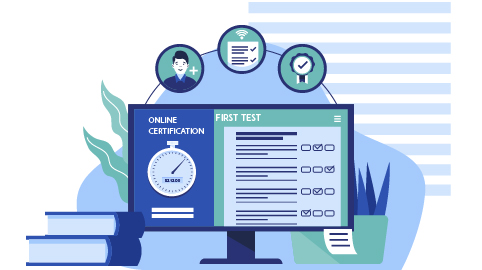
The ERP system enables teachers to create and administer online assessments and quizzes. It provides a range of question formats, such as multiple-choice, true/false, and essay questions. Students can complete the assessments online, and the system automatically grades the responses, providing instant feedback and saving time for teachers.
Some school ERPs offer a virtual classroom feature, allowing teachers to conduct live online classes and interactive sessions. It includes features like video conferencing, screen sharing, chat functionality, and whiteboarding tools. Virtual classrooms provide a collaborative and interactive environment for remote or distance learning.
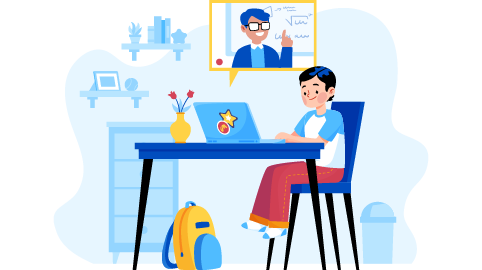
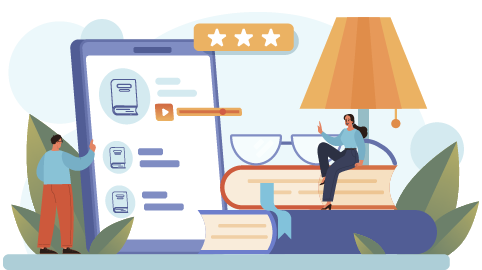
The ERP may have an e-library feature, providing access to a digital repository of books, journals, research papers, and other educational resources. Students and teachers can search for and access relevant reading materials, enhancing their learning experience and promoting self-study.
The ERP system enables teachers to customize and personalize educational content based on students' needs and learning abilities. They can modify existing content or create tailored content to address specific learning objectives, ensuring a more personalized and effective learning experience.
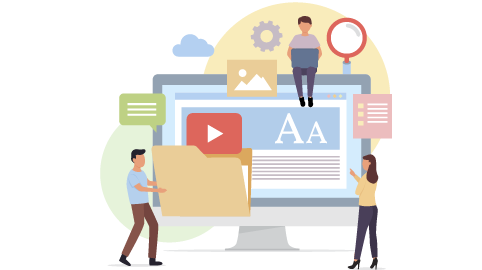
The ERP system tracks students' progress and performance on digital content. It generates analytics and reports that help teachers and administrators assess individual students' learning outcomes, identify areas of improvement, and make data-driven decisions to enhance the effectiveness of digital content.
Some school ERPs provide parental access to digital content, allowing parents to monitor their child's learning progress, access study materials, and stay updated on assignments and assessments. This feature promotes parental involvement and facilitates effective communication between parents and teachers.
